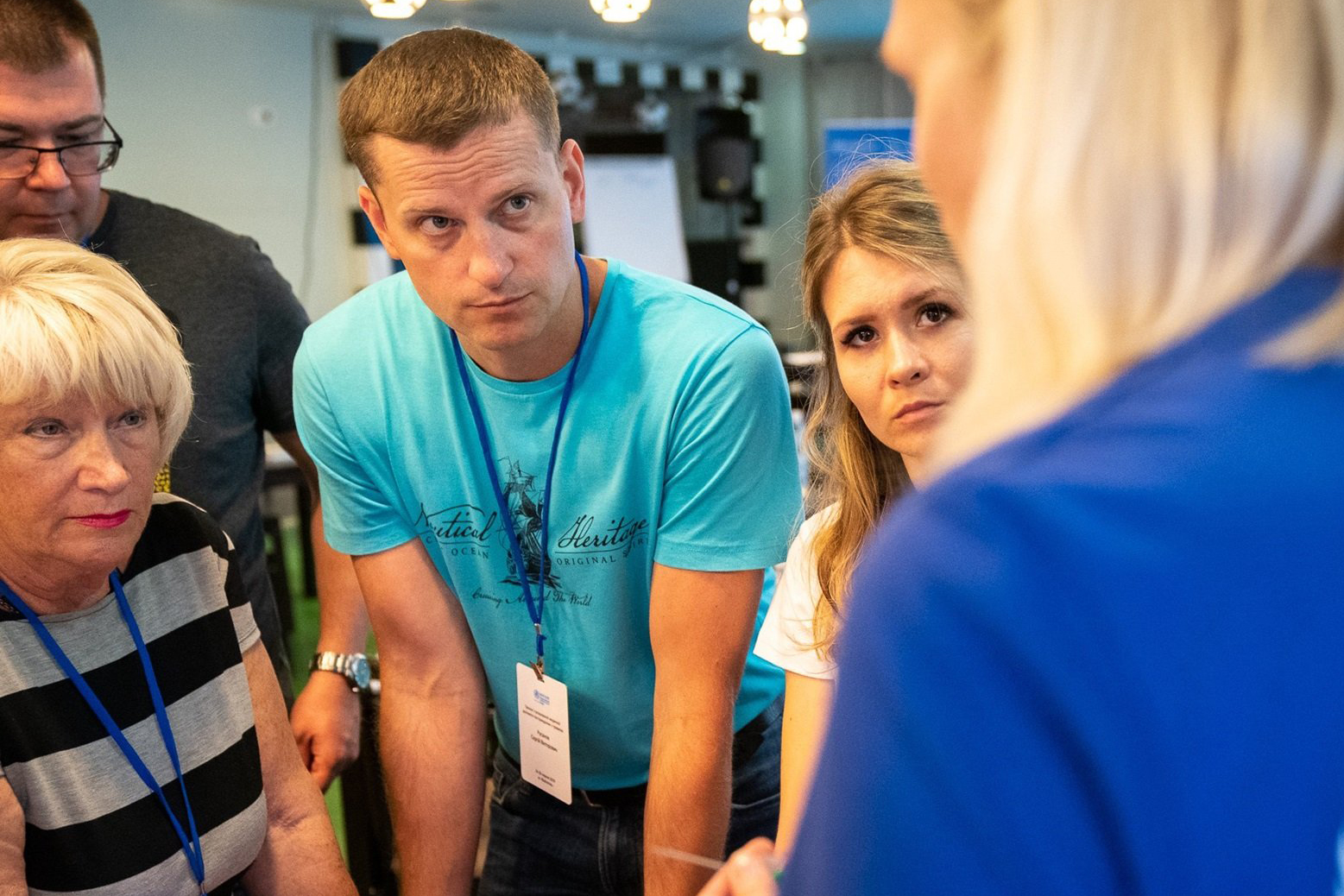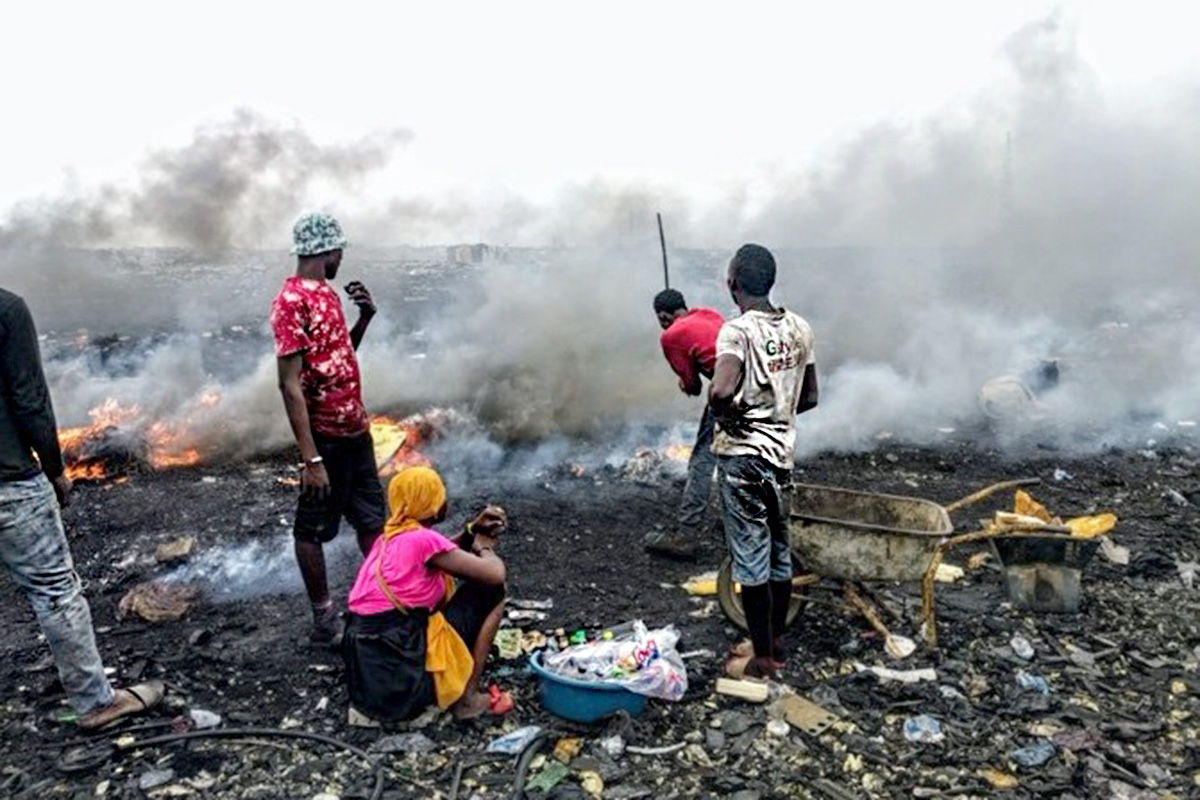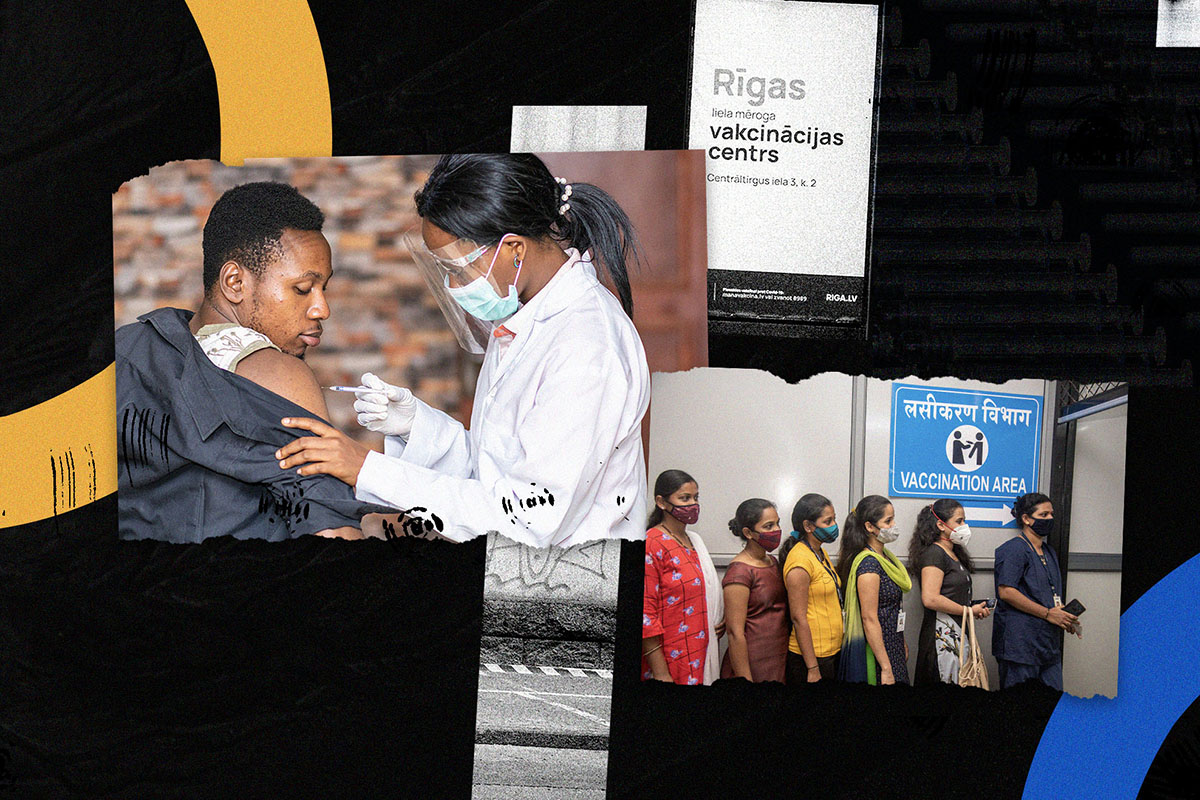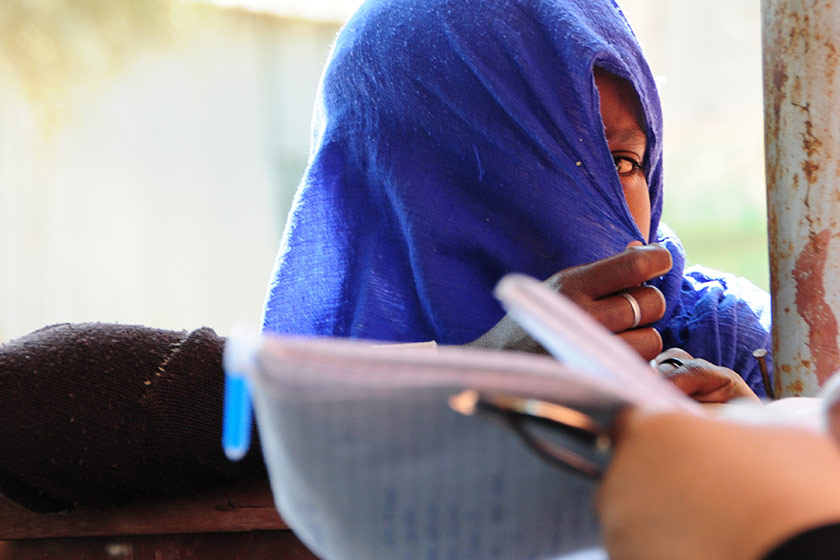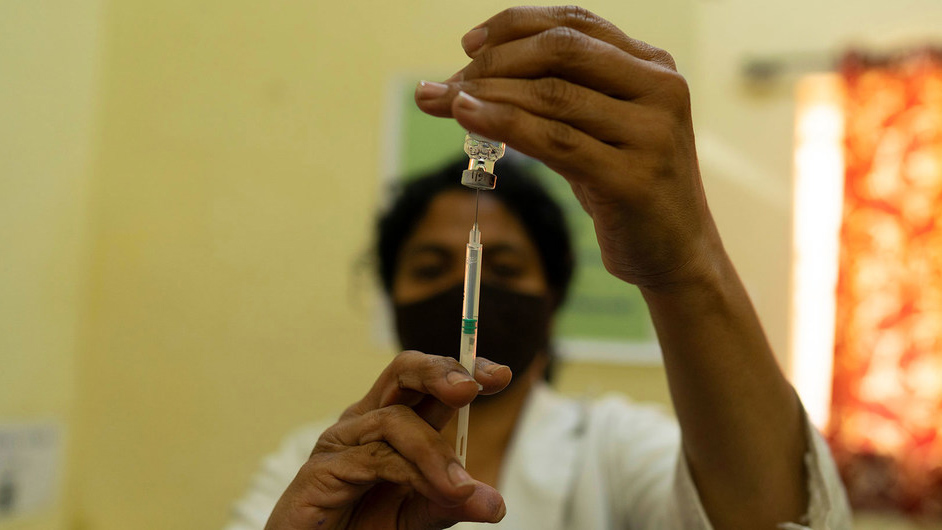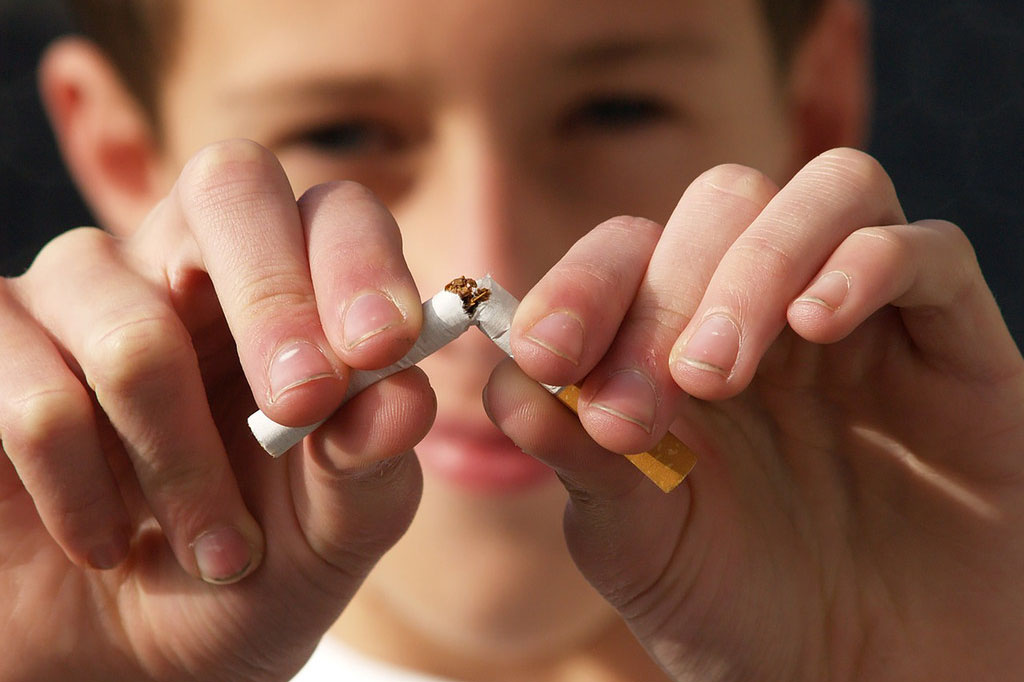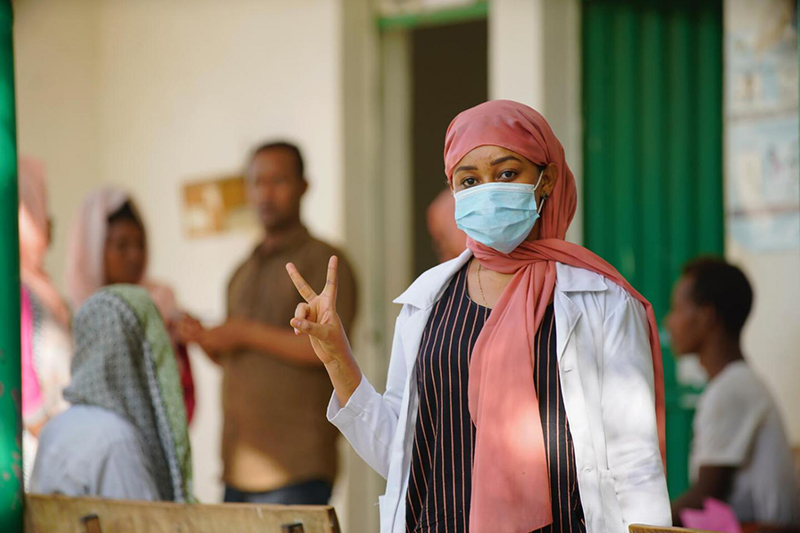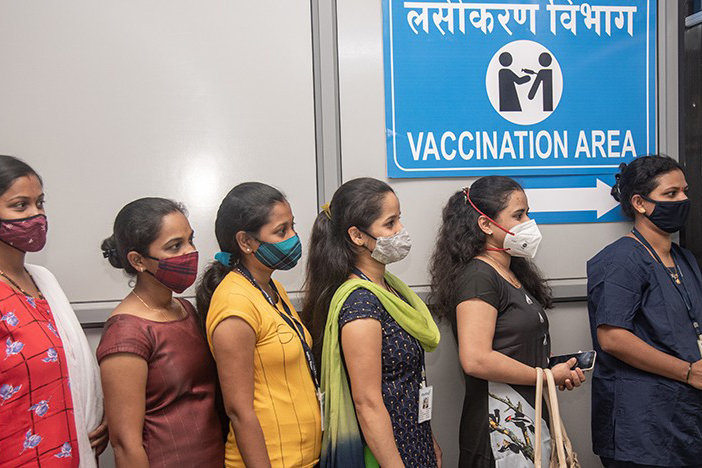Zoonotic diseases are infectious diseases that are transmitted from animals to humans, like COVID-19, bird flu, malaria or Ebola. Nuclear-derived techniques can be used to track pathogens as they move from animals to humans to help the world respond better to any future outbreaks.
No one is safe until everyone is safe. The recent surge of infections in India was a wake up call for the world, as less than 1% of vaccines have reached the developing world. This is why UNICEF is calling on wealthy countries to donate their excess COVID-19 vaccines now.
As the world continues to battle COVID-19, yoga offers a “unique” way to destress and boost immunity, allowing the mind and body to connect in a state of “cellular quiet”. That’s according to Doctor Krishna Raman, who’s taking part in a major International Day of Yoga event on Monday, organized by the Indian mission to the UN. He spoke to UN News’s Sachin Gaur, and explained his work on integrating Western medicine with yoga, and how the practice helps support wider social well-being.
Suicide remains one of the leading causes of death worldwide, according to WHO’s latest estimates. Among young people aged 15-29, suicide is the fourth leading cause of death. In 2019, more than 700,000 people died by suicide: one in every 100 deaths, prompting WHO to produce new guidance to help countries improve suicide prevention and care. Currently only 38 countries are known to have a national suicide prevention strategy. To support countries in their efforts, WHO has released guidance for implementing its LIVE LIFE approach to suicide prevention.
Effective and binding action is urgently required to protect the millions of children, adolescents and expectant mothers worldwide whose health is jeopardized by the informal processing of discarded electrical or electronic devices, according to a new WHO report. As many as 12.9 million women work in the informal waste sector, which potentially exposes them to toxic e-waste and puts them and their unborn children at risk. Meanwhile more than 18 million children and adolescents are actively engaged in the informal industrial sector, of which waste processing is a sub-sector.
Scientists have developed safe and effective COVID-19 vaccines much faster than was first predicted. However, that progress will be in vain if we cannot ensure they are made quickly available for everybody, everywhere. This requires a combination of urgency, political will, technology, money, and manufacturing, logistical and administrative capacity. UNDP is committed to working closely with the UN family and partners to ensure everybody receives a COVID-19 vaccine as quickly as possible. Not only is it the right thing to do, it also makes economic sense.
World Blood Donor Day 2021 is focused on young people and their contribution to saving lives by donating blood. This year’s slogan, “Give blood and keep the world beating”, underscores the energy young people bring to their communities and highlights the way blood donations keep the world healthy and hearts beating. It also reinforces the global call for more people all over the world to donate blood regularly and contribute to better health.
A survey conducted by UNFPA ahead of Menstrual Hygiene Day, reveals that first menstruation for women and girls in Arab states is often accompanied by fear, shame, lack of information, and even stigma and mistreatment.
In an op-ed ahead of the G7 Summit, leaders of the IMF, the World Bank, WHO and WTO state that there will be no broad-based recovery without an end to the health crisis and that access to vaccination is key to both. Despite impressive progress on the vaccination front, increasingly, a two-track pandemic is developing, with richer countries having access and poorer ones being left behind. They call for a stepped-up coordinated strategy, backed by new financing at an estimated $50 billion, to vaccinate the world.
The COVID-19 pandemic has led to millions of tobacco users saying they want to quit. Nearly 60% of tobacco users around the world want to quit smoking, but only 30% of the global population has access to quality tobacco cessation services. Currently, only 23 countries provide comprehensive services to help tobacco users to quit. In its annual campaign against the tobacco epidemic launched for World No Tobacco Day (31 May), the World Health Organization wants to help 100 million people quit tobacco use through “quit & win” initiatives. Commit to quit today and sign the pledge!
The development of safe and effective COVID-19 vaccines is a huge step forward in our global effort to end the pandemic. This is exciting news, but there are still some people who are skeptical or hesitant about COVID-19 vaccines. Chances are you know a person who falls into this category – maybe among your group of friends or in your family. If you are unsure of how to approach conversations about vaccines with vaccine skeptics you know, you’re not alone. Dr. Saad Omer, Director at the Yale Institute for Global Health, talks about the do’s and dont's of navigating these difficult discussions.
“Phosphoros” is a beautiful tribute to the heroes and heroines dressed in white – the health workers saving lives during the COVID-19 pandemic. This short animation film obtained in 2021 a "GRAND PRIX" in the 2nd edition of the Health for All Film Festival by the World Health Organisation for its competition category on Universal Health Coverage (UHC). It's a film directed by Susana Beatriz Serrano (El Salvador).
Tips on what you can do before, during and after you get the COVID-19 vaccine.
Mothers already shouldered tremendous financial, physical, emotional, and intellectual burdens before the onset of the pandemic. But now ‒ under increasing economic pressures, reduced access to health care, diminishing social support and growing unpaid care responsibilities ‒ many of these burdens have become crushing. All of this is taking a toll on the long-term health and welfare of mothers. Women have been disproportionately affected by pandemic-related job losses, and researchers are starting to see signs of rising stillbirths, maternal mortality and poor maternal health outcomes around the world.
UNESCO's Director-General has welcomed the decision by the United States and many other countries to call for the lifting of patent protection on COVID-19 vaccines. This growing momentum comes in response to the joint appeal made by UNESCO, the WHO and the UNHCR to open up science and boost scientific cooperation. The idea behind Open Science is to allow scientific information, data and outputs to be more widely accessible (Open Access) and more reliably harnessed (Open Data) with the active engagement of all the stakeholders (Open to Society).


